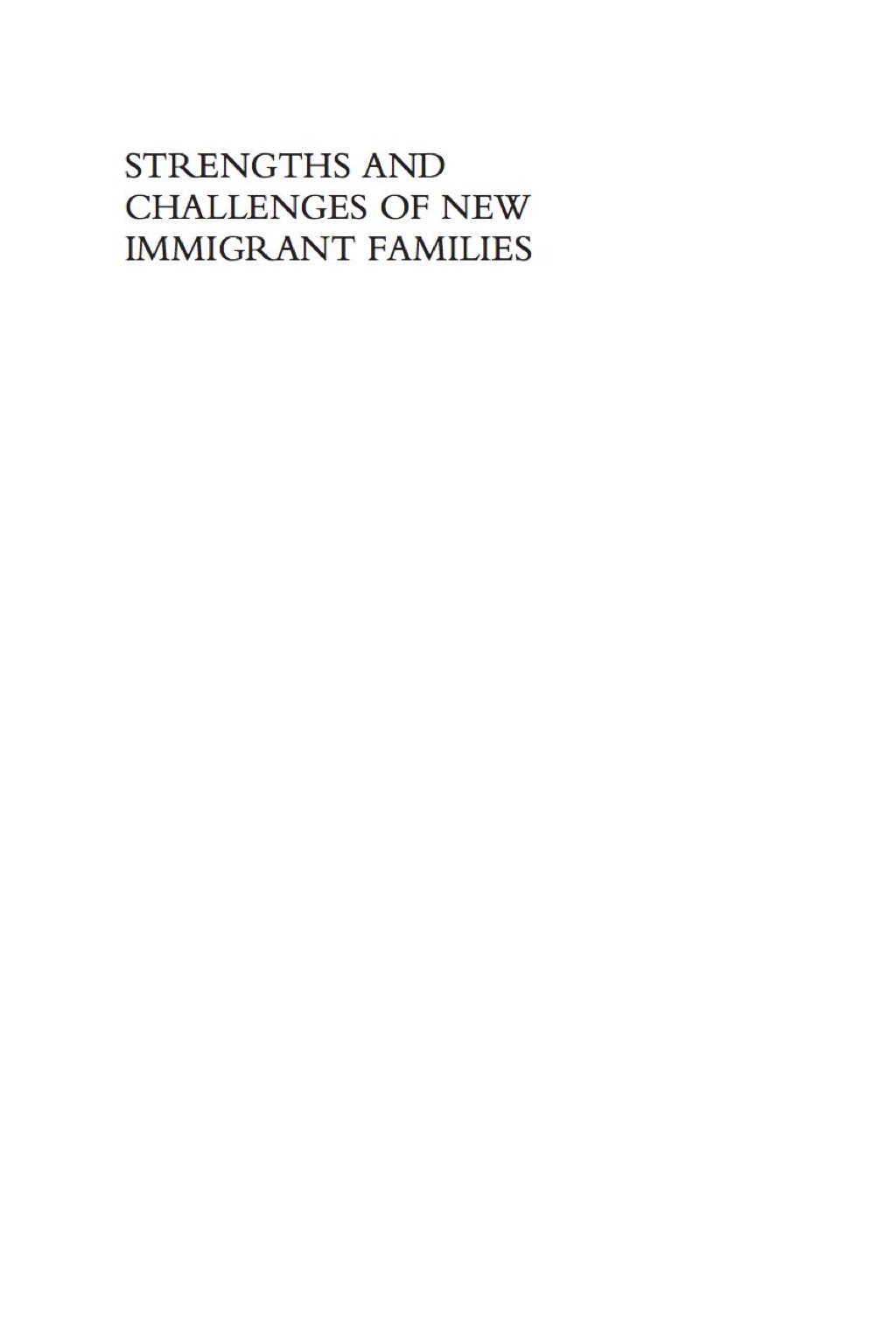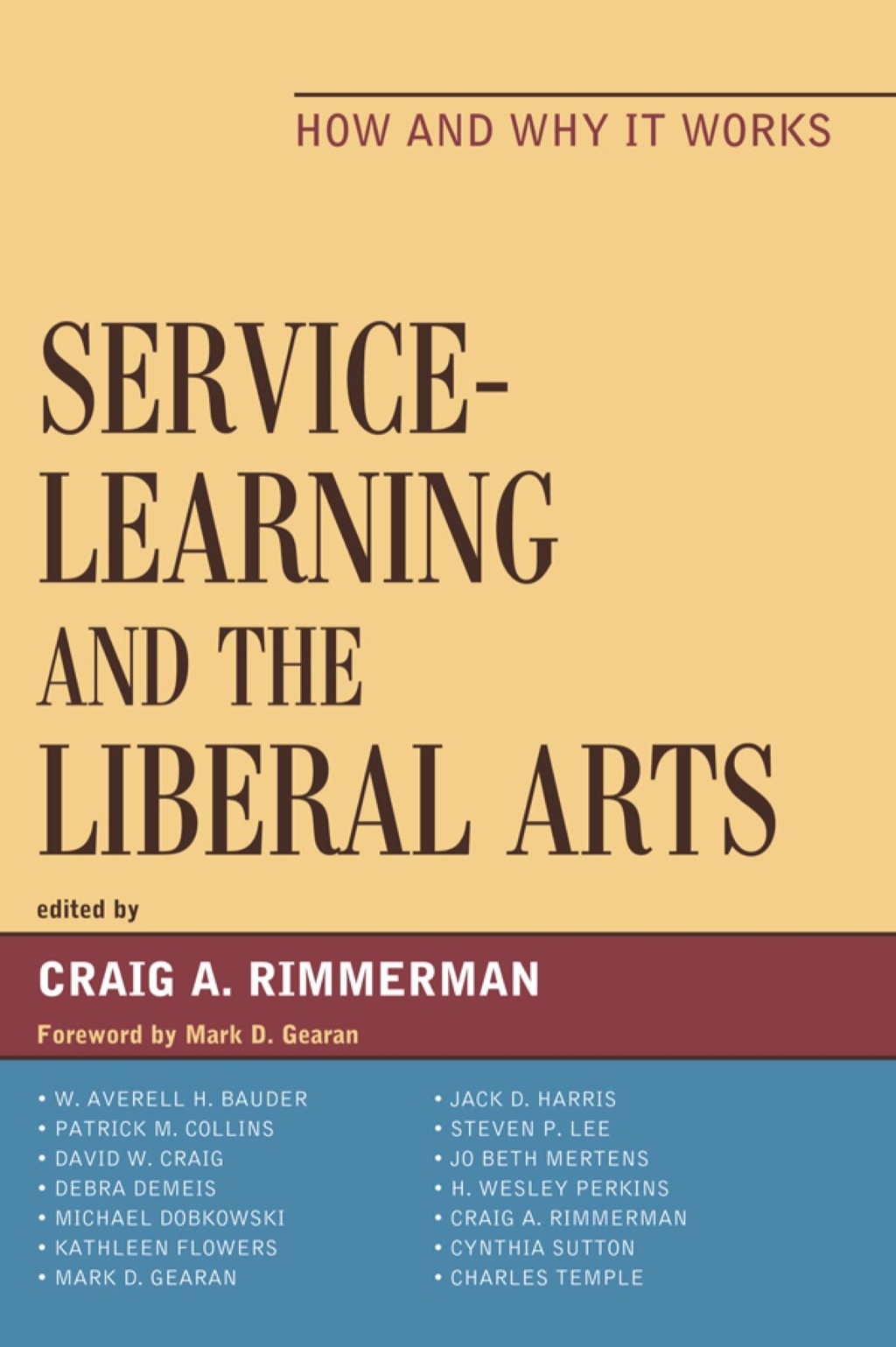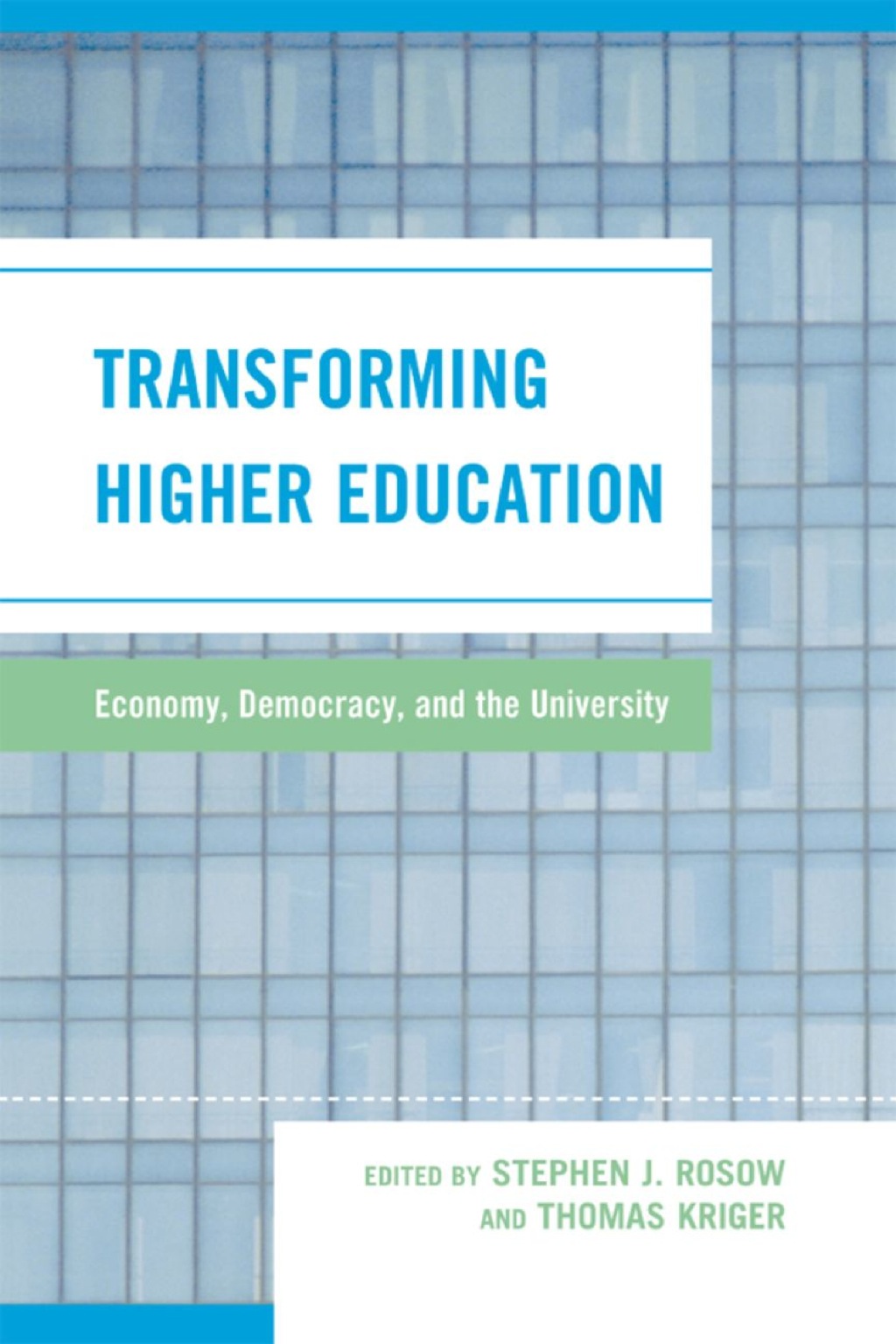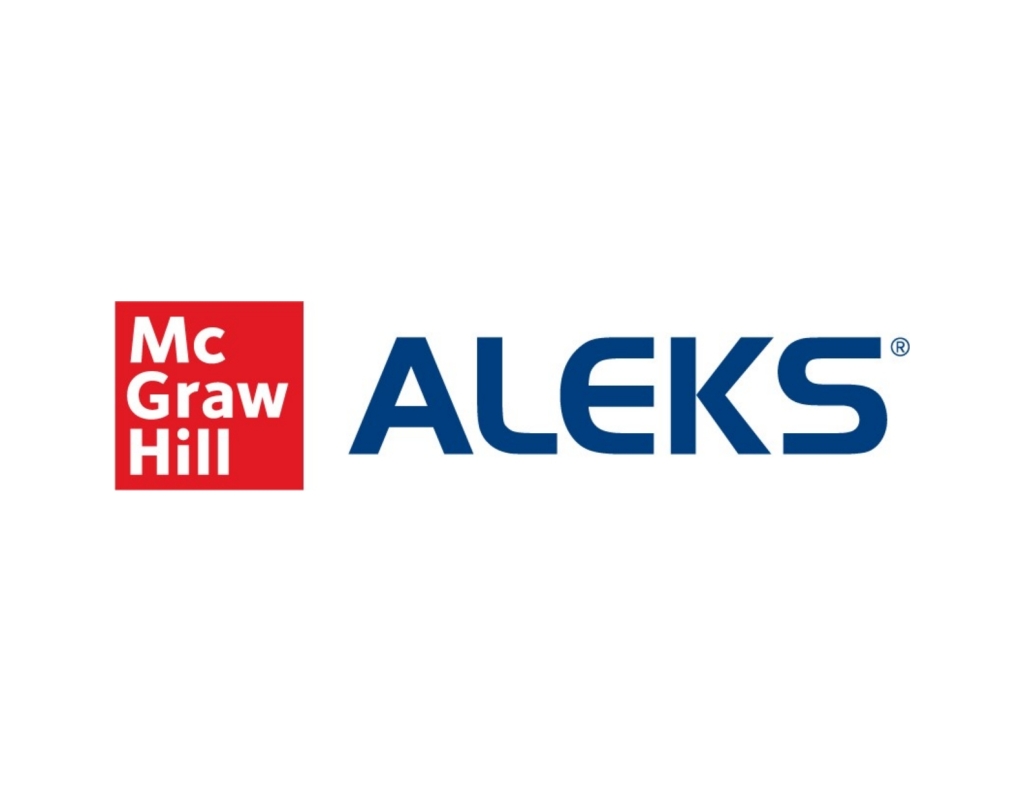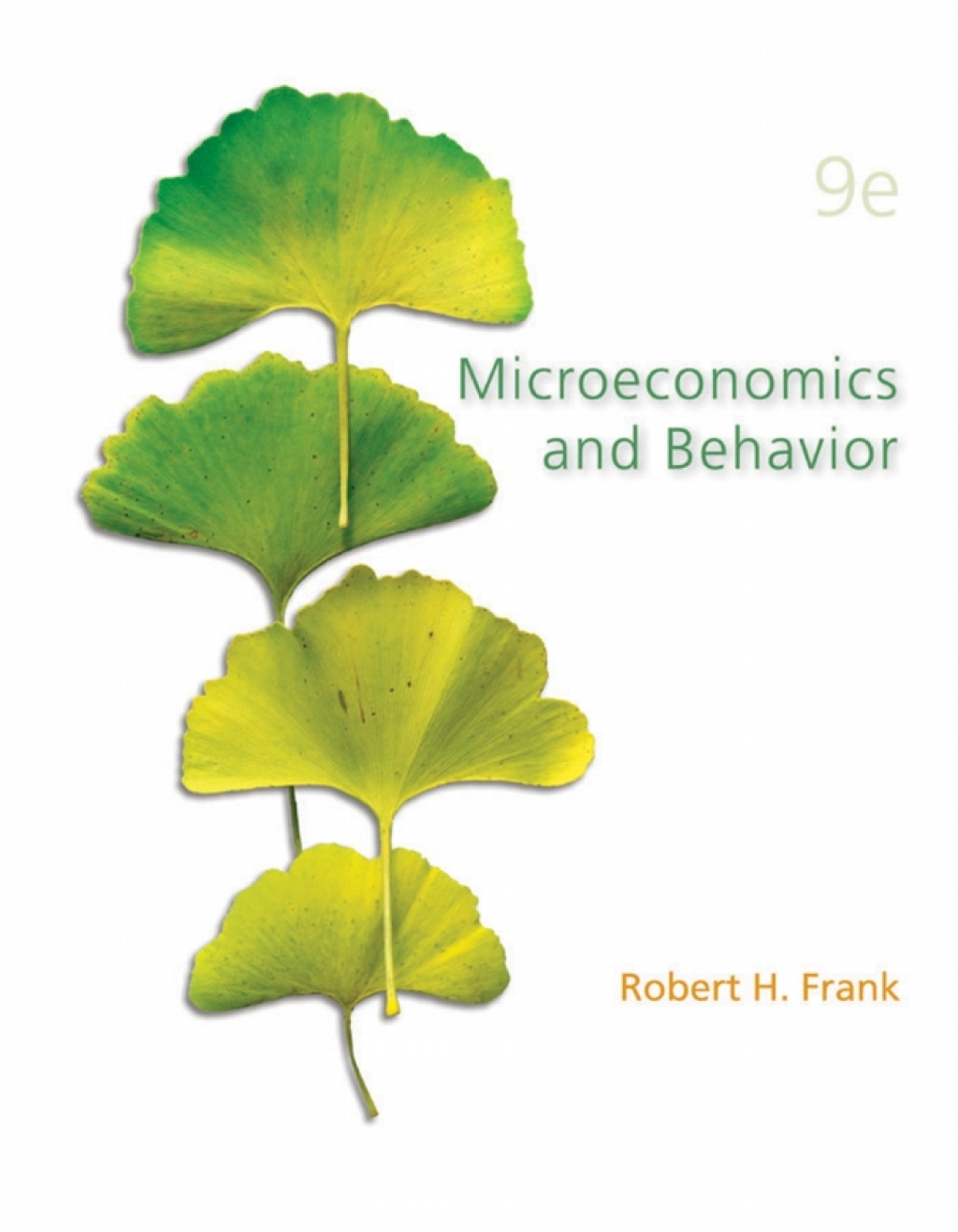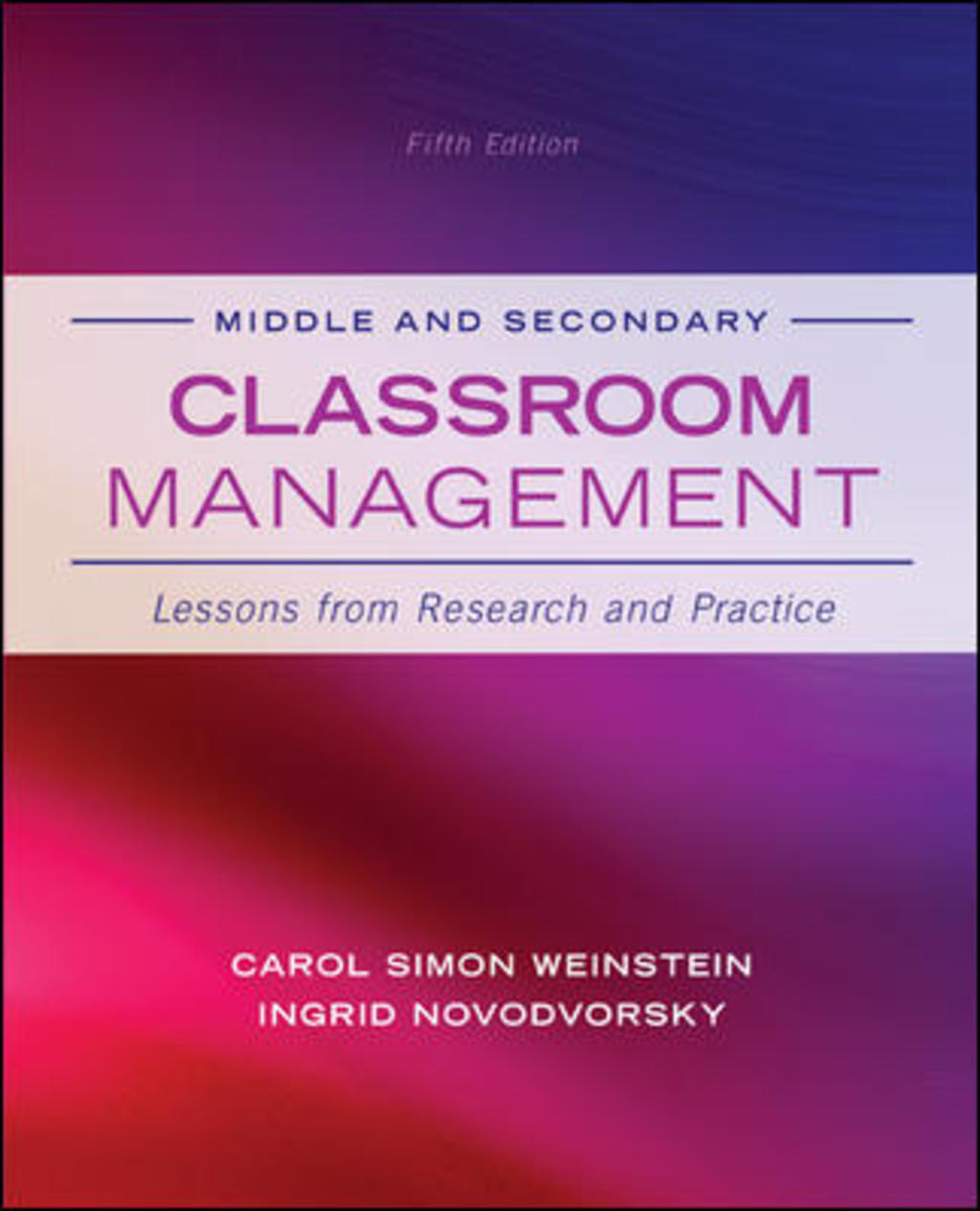Description
The university is being transformed and can be transformed. This doubleness informs this book. ‘Transforming’ in ‘transforming higher education’ can be read as adjective, suggesting that higher education is being transformed by the social and political situation in which it is enmeshed. ‘Transforming’ can also be read as a gerund, implying the critical activity of changing the university, as signaling a creative and political act of radical possibility. The essays in this book address the transformation of higher education and the transformative possibilities of its current conditions. Only by viewing the university as a historical construction can we assess the dangers and opportunities of the new conditions of higher education, and chart a reasonable course for the future. The essays in this book are critical of recent developments in universities and higher education. Most of us come from public universities, and all remain committed to a democratic higher education that we see threatened by recent developments. There is a danger that the combination of economic crisis, market ideology, and global pressures will continue to structure the debate about higher education in ways that freeze out the transformative and politically critical possibilities of the university. Part I of the book examines the historical transformation of the university as it has changed into its current form. Part II examines both the transformation of the university into a neoliberal institution and makes the case for the more political and radical idea of transforming the university in opposition to how it has been transformed in recent years. Part III offers a number of studies aimed at illuminating possibilities for transforming the university in a more progressive, democratic direction.

